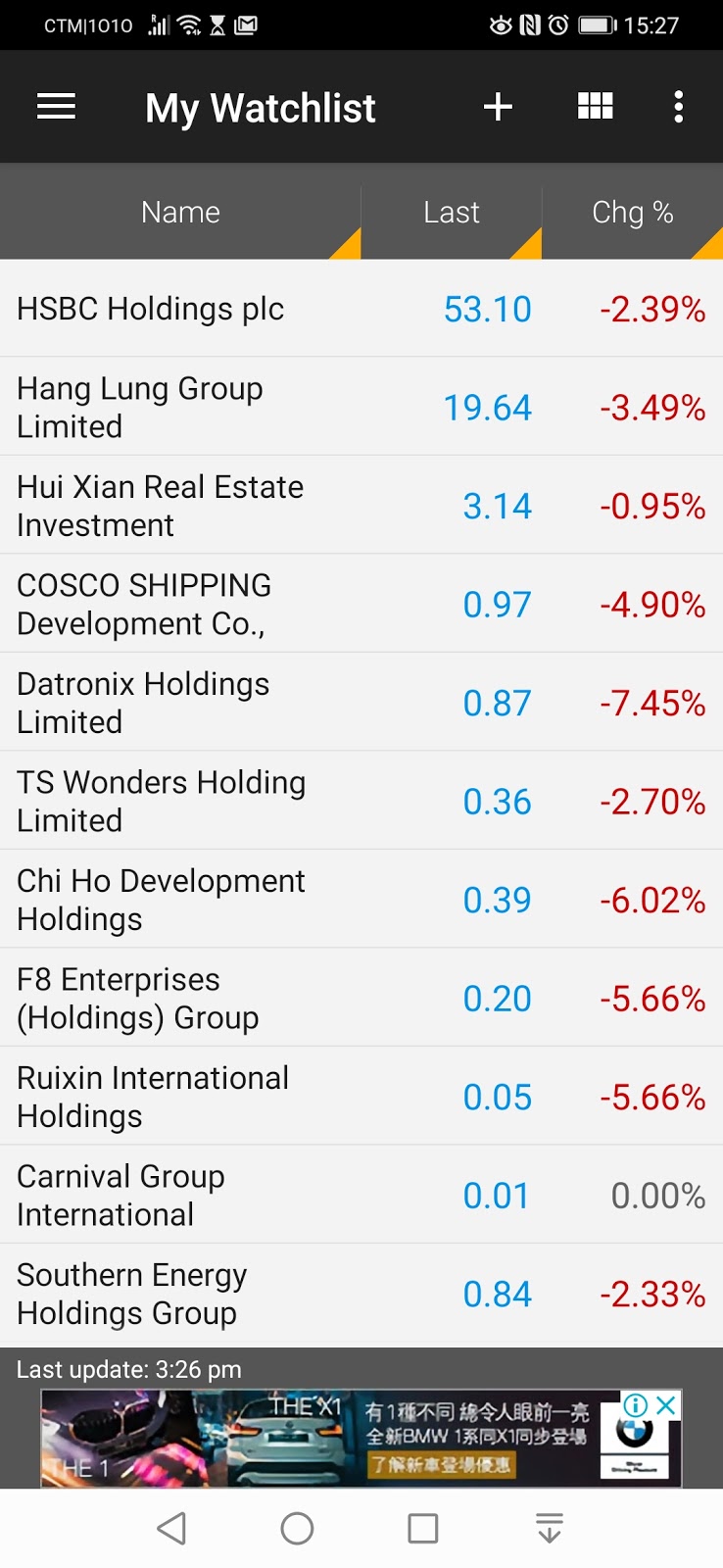The Value of Money
The idea of money itself is sometimes rather elusive. As a currency for exchanging goods (and services), surely its value must rest on something universal. In ancient times, that something was the metal for producing the coins itself, subsequently turning to gold, and nowadays perhaps the reserves of foreign currencies held in a country's central bank. As such, a central bank is not supposed to print money freely as whims call. We know that an excess of money will surely find its mysterious way into turning goods generally becoming more expensive in the economy - inflation.
But the idea of inflation (together with its opposite - deflation) can also be rather counter-intuitive to understand, especially when it comes to the concept of borrowing money and, therefore, serving debt.
Which is the more favourable environment to request a loan - one in which the expectation for inflation is high or the opposite scenario in which the values of goods are expected to deflate over the same period of time?
Intuitively, a high expectation for inflation will be reflected in the interest rate. It means a loan will incur high interest payments, ie, high costs for the money borrowed. So in absolute terms, it takes more money to serve the same amount of debt in an environment of inflation than one of deflation. It seems straight forward, except that it's not quite straight forward.
Instead of thinking about the rising cost of living, another way to comprehend the phenomenon of inflation is that money depreciates over time. As the original sum of loan depreciates over time, it becomes easier to repay. On the contrary, ie, in an environment of deflation, as the original debt gains value over time, it becomes costlier to serve - particularly considering the lost opportunities of investing the money elsewhere when the general costs of investment are coming down.
So it makes more sense to borrow and SPEND money when the expectation for inflation is high. Of course, this can only be a true statement when one has the ability to repay the loan.
But expectation is fickle. Most developed economies changed from worrying about hyperinflation to watching out for deflation in less than 3 months' time in this year - from shocking fuel costs to choking liquidity crunch. Besides, if a person is short of money but needs desperately to spend, he borrows regardless of inflation or deflation.
In any case, the virtue is to spend within one's keep and make ends meet.
But the idea of inflation (together with its opposite - deflation) can also be rather counter-intuitive to understand, especially when it comes to the concept of borrowing money and, therefore, serving debt.
Which is the more favourable environment to request a loan - one in which the expectation for inflation is high or the opposite scenario in which the values of goods are expected to deflate over the same period of time?
Intuitively, a high expectation for inflation will be reflected in the interest rate. It means a loan will incur high interest payments, ie, high costs for the money borrowed. So in absolute terms, it takes more money to serve the same amount of debt in an environment of inflation than one of deflation. It seems straight forward, except that it's not quite straight forward.
Instead of thinking about the rising cost of living, another way to comprehend the phenomenon of inflation is that money depreciates over time. As the original sum of loan depreciates over time, it becomes easier to repay. On the contrary, ie, in an environment of deflation, as the original debt gains value over time, it becomes costlier to serve - particularly considering the lost opportunities of investing the money elsewhere when the general costs of investment are coming down.
So it makes more sense to borrow and SPEND money when the expectation for inflation is high. Of course, this can only be a true statement when one has the ability to repay the loan.
But expectation is fickle. Most developed economies changed from worrying about hyperinflation to watching out for deflation in less than 3 months' time in this year - from shocking fuel costs to choking liquidity crunch. Besides, if a person is short of money but needs desperately to spend, he borrows regardless of inflation or deflation.
In any case, the virtue is to spend within one's keep and make ends meet.



Comments